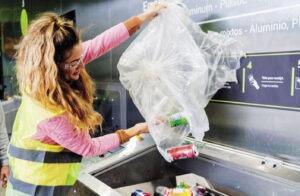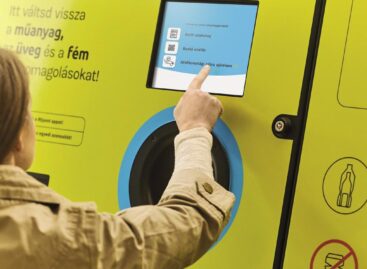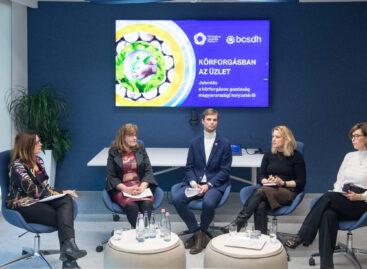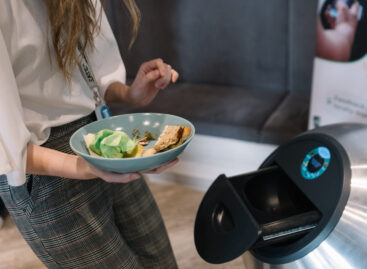MOHU is also implementing significant developments in food waste collection
As part of its program to encourage selective waste collection, MOHU will distribute more than one million bins nationwide to residential customers by the end of 2025 in areas where paper, plastic and metal waste has been collected in bags so far, and where the collection of kitchen food waste is being introduced – the company told MTI on Tuesday.
 According to their information, they will provide the devices free of charge, which will be delivered to households by regional service providers.
According to their information, they will provide the devices free of charge, which will be delivered to households by regional service providers.
MOHU and the Mol Group have undertaken to invest hundreds of billions of forints in the coming years to develop domestic waste management. As an important step in the investment series, the distribution of more than one million new collection containers is being highlighted in the announcement.
Half of the containers will be used for the selective collection of food waste, and the other half million for the selective collection of paper, plastic and metal waste.
Based on the company’s needs assessment, eight regional waste management service providers have so far received a total of 202,000 bins for the selective collection of paper, plastic and metal waste, which are being distributed in 230 settlements. The distribution is ongoing, and so far about 100,000 collection containers have reached households, which will increase to 150,000 by the end of the year.
The previously used selective garbage bags tear easily, can hold less waste, and generate unnecessary waste, while the new, rigid-walled bins are durable, with their help waste can be better compacted, and collection is therefore more efficient – MOHU indicated.
Related news
Related news
Discover the solutions of the future on Startup Island! (Part 2)
🎧 Hallgasd a cikket: Lejátszás Szünet Folytatás Leállítás Nyelv: Auto…
Read more >








